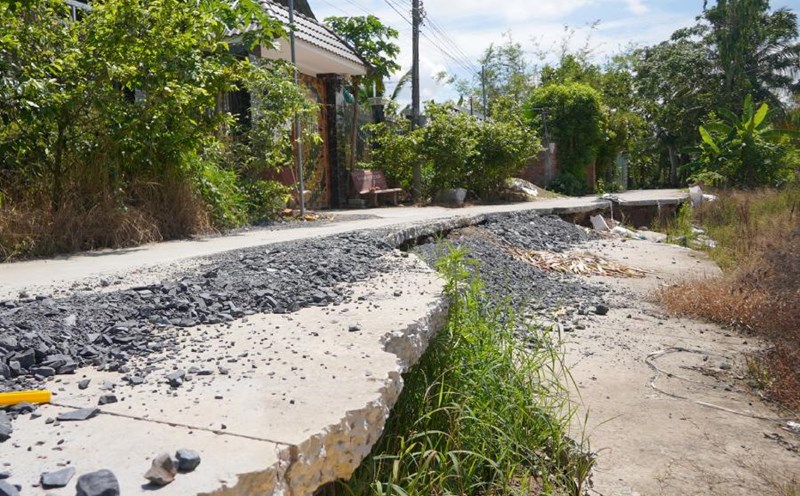Domestic coffee prices drop sharply
Today, May 23, the domestic coffee market witnessed a significant decrease. According to a survey from a page specializing in agricultural products, coffee prices in the Central Highlands range from 122,000 to 122,500 VND/kg.
In provinces such as Dak Lak and Gia Lai, the price reached VND 122,500/kg, down VND 2,700/kg and VND 2,500/kg respectively compared to the previous day.
Dak Nong also decreased by VND 2,800/kg, down to VND 122,500/kg, while Lam Dong recorded the strongest decrease of VND 3,300/kg, down to VND 122,000/kg.
Compared to a month ago (September 22), domestic coffee prices decreased from an average of VND 128,500/kg (according to agricultural product information), equivalent to a decrease of VND 6,000/kg, affected by abundant supply and decreasing international prices.
International coffee prices fluctuate strongly
In the international market, coffee prices continue to have complicated developments.
On London, the price of Robusta coffee delivered in July 7225 decreased by 93 USD/ton, to 4,692 USD/ton; September 2025 decreased by 94 USD/ton, to 4,691 USD/ton. Further terms such as November 2025 and 1,2026 also decreased, 115 USD/ton and 14 USD/ton, to 4,848 USD/ton and 4,785 USD/ton.
On the New York Stock Exchange, Arabica coffee futures for delivery in July 2025 decreased by 9.45 USD/ton, down to 349.10 USD/ton; the September 2025 futures decreased by 9.95 USD/ton, down to 352.45 USD/ton.
Compared to a month ago (September 22), Robusta prices on the London exchange decreased from a peak of 5,821 USD/ton (according to a major newspaper), down about 1,129 USD/ton. Arabica prices also fell sharply from 9,680 USD/ton to 349.10 USD/ton, equivalent to a decrease of 6,122 USD/ton.
This decline reflects increased supply and investors' cautious sentiment in the face of global economic factors.
Coffee market assessment
Domestic coffee prices fell sharply due to pressure from abundant international supply and prices on London and New York exchanges fell. The global market is affected by increased supply in major producing countries and macroeconomic fluctuations.
Growers need to closely monitor price developments to choose a reasonable time to sell, while noting transportation costs when fuel prices are still high. In the short term, coffee prices may continue to be under pressure if global supply does not have any sudden changes.











